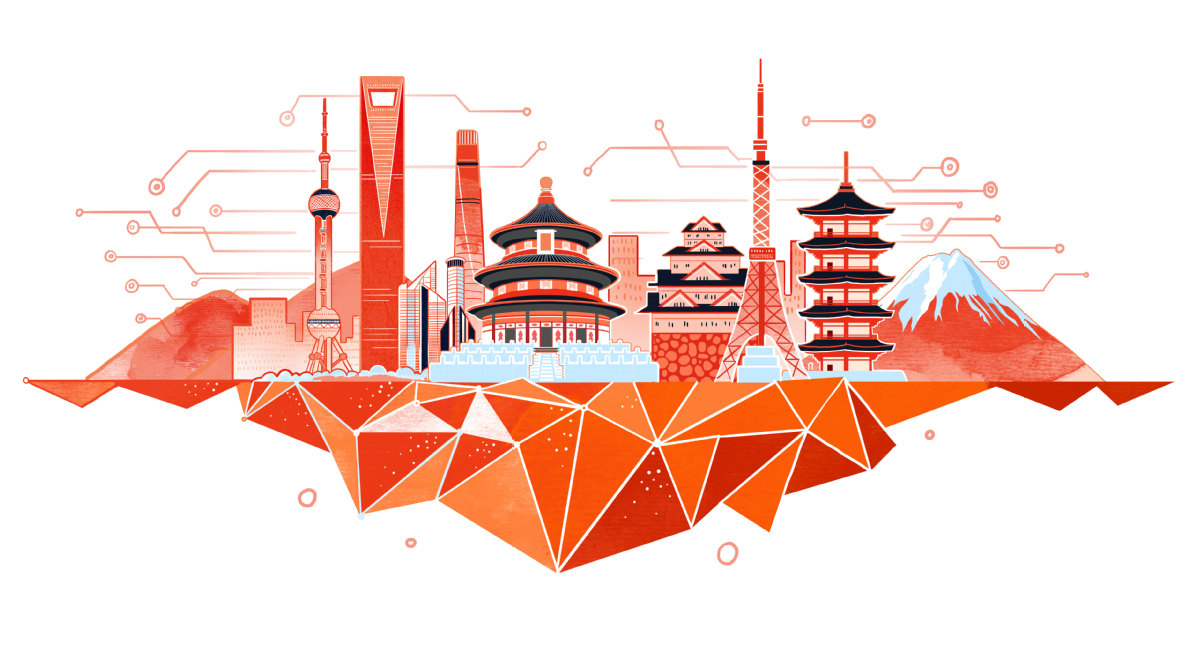By keeping its word, Japan can improve bilateral ties
By Jin Yongming | China Daily | Updated: 2019-07-04 07:02

President Xi Jinping's meeting with Japanese Prime Minister Shinzo Abe in Osaka last week produced a number of consensuses, with both sides agreeing to build Sino-Japanese relations by meeting the needs of a new era so they can jointly safeguard world peace and promote common development.
The thawing of Sino-Japanese relations last year-after Premier Li Keqiang visited Japan in May and Abe visited China in October-was partly due to the rise of unilateralism and protectionism in some parts of the world and the urgent need to oppose them. And since ensuring a free and fair trade order is a shared goal of the world's second-and third-largest economies, they need to make greater efforts to realize that goal.
Besides, the two sides have a wide range of fields to deepen cooperation, such as the Korean Peninsula denuclearization process, investment in third-party markets, environmental protection and the high-tech sector, which can serve as an important foundation for the continuous improvement of bilateral ties.
During Li's visit to Japan, the two sides signed 10 documents in areas such as cultural exchanges, medical care and public health, service trade, third-party market cooperation and building sea and air communication mechanisms, some of which have already yielded results.
And when Abe visited China, 12 cooperation documents-two agreements and 10 memorandums of understanding-and 52 documents on the Belt and Road Initiative were signed between the two governments, and companies and organizations from either side. These documents and cooperation projects on infrastructure facilities, logistics, information technology and finance have laid the basis for upgrading China-Japan relations in the new era.
However, to develop Sino-Japanese relations in a way that meet the requirements of the new era, some principles and guidelines have to be followed.
Politically, the two sides should abide by the principles enshrined in the four political documents inked by the two governments, and ensure the two sides are cooperation partners, not a threat to each other. Exchanges and coordination at all levels, particularly those between the leaders, should be strengthened to deepen mutual trust and help Sino-Japanese ties to evolve on a friendly and cooperative track.
On the economic front, the two sides should deepen cooperation in investment, third-party markets, technology and innovation so as to boost mutual economic growth and promote regional economic integration, including accelerating the regional economic cooperation negotiation process, encouraging enterprises to increase investments in each other's country and build a fair, nondiscriminatory and predictable business environment for companies from both sides.
The cultural bonds between the two countries need to be further strengthened. And the two sides should expedite their efforts to promote youth exchanges and people-to-people engagement in order to deepen mutual understanding. It is good to see that the two governments have decided to take the 2019 China-Japan Youth Exchange Promotion Year as an opportunity to initiate senior-level cultural exchanges to bring the two peoples closer.
As for security, the two countries should constructively manage and control their conflicts and divergences through talks, strengthen dialogue in diplomacy and security, and build a constructive bilateral security relationship. In fact, the series of exchanges, meetings, dialogues and negotiations held between the two countries, their defense ministries and militaries since last year is conducive to building constructive security relations.
It is necessary for the two sides to abide by the consensuses they have reached and properly handle sensitive issues. Amicable Sino-Japanese ties have obvious spillover effects. And the two sides have enough reasons to strengthen exchanges, coordination and cooperation on international and regional issues to jointly cope with global and regional challenges, and contribute to global governance to make it more equitable and rational. Only in this way can the two sides base their relationship on coordination, not competition, and create a brighter future for themselves.
The two sides may encounter some practical difficulties and problems in forging a peaceful, friendly region in the new era. But they should always keep the bigger picture in mind and refer to the consensuses they have reached to resolve their disputes and differences. After all, a peaceful, cooperative and friendly East China Sea is in the interest of both sides.
The continuous improvement of China-Japan ties is subject to not only external factors, but also how some key, sensitive issues are handled. And it would take concrete cooperation projects, if not acute challenges, to test the reliability of Sino-Japanese ties in the new era, although both sides' moves reflect their overlapping strategic benefits, at least for now.
The author is a researcher of law at the Shanghai Academy of Social Sciences. The views don't necessarily represent those of China Daily.
























